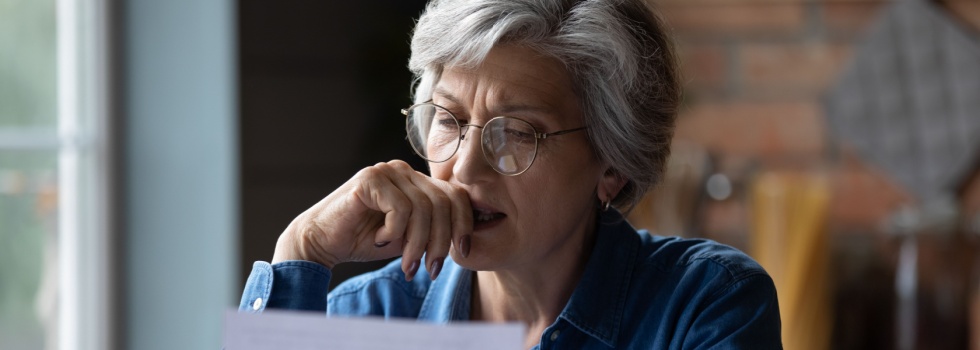
With hardly any queues, convenient opening hours and a great location, the Bank of Mum and Dad is the preferred financial institution of many.
Membership is limited (it helps if they’re actually your parents!), but new research reveals it is expanding (Source: Prudential). And often-lenient repayment conditions are part and parcel; nearly 60% of loans are partly or fully written off.
For many people, help from the Bank of Mum and Dad is the only way they can afford things such as education or a home. But, exactly how affordable is it to help your children out? And what consequences will it have on your financial future?
A lenient lender
A survey of 1,057 parents, conducted by Consumer Intelligence on behalf of Prudential, found that one in five parents have taken money from their pension to help their children financially. Furthermore, some parents have redirected money that would have been paid into their pension.
The survey found that 77% of parents stated that they initially expected the loan to be repaid in full. But, in reality:
- 59% of parents deciding to write off some or all of the debt
- 34% of parents writing the debt off completely
The survey also found that 75% of parents didn’t impose any formal terms or conditions on their loan. Those who formalise the loan are in the minority, with:
- 14% agreeing on fixed monthly payments
- 7% putting a written agreement in place
Kirsty Anderson, Retirement Income Expert at Prudential, commented: “I’m sure every parent would love to be in a position to help their families when they’re faced with significant financial challenges and our research shows that many are doing just that. Whether it’s helping with a deposit to buy or rent a house, or clearing student debt, the Bank of Mum and Dad plays a vital role in the finances of younger people. However, it is important that parents remember to consider their own futures when deciding on making loans to their families – for example, money taken now from savings and investments intended to provide for retirement could make a real dent in your income when the time comes to give up work, especially if you eventually have to write off all or some of the loan.”
Irresponsible lending?
The urge to help family members out in times of need can be strong. A parent or grandparent often won’t think twice before making an altruistic decision, but this can have far-reaching effects on their finances. Whilst many expect they will get the money back at some point, research shows otherwise.
Writing risky loans is a bad business model for a bank. The Bank of Mum and Dad is no different.
41% of parents who wrote off part or all of the loan, did so because their child simply couldn’t afford to repay it. Unfortunately, this leniency won’t be returned if they run out of money in their retirement, meaning the Bank of Mum and Dad should only loan money it can afford to lose.
How do I know if I can afford to help my children?
Planning.
More specifically; financial planning.
A loan can have many unexpected effects on your financial future, made more unpredictable by the fact that 47% of over-50s don’t know the value of their pension (Source: Which). Writing off a loan, or even being repaid late, can leave you financially exposed. Proper financial planning can prevent this, telling you exactly how much you have, and how much you afford to give away.
Projecting the consequences of a loan using a cash flow forecast can ensure you know exactly how much it will affect your financial future. Only then will you know whether you can afford to help your children.
It doesn’t stop there
Financial planning can tell you far more than whether you can afford a loan to a family member. As mentioned above, many people are unaware of what income they will have in retirement. Proper financial planning will not only show you how much you’ll have, but it will allow you to work out how much you’ll need to enjoy your retirement.
For more information on planning for your retirement, or keeping the bank of Mum and Dad afloat, get in touch using the phone number at the top of the page.




